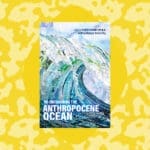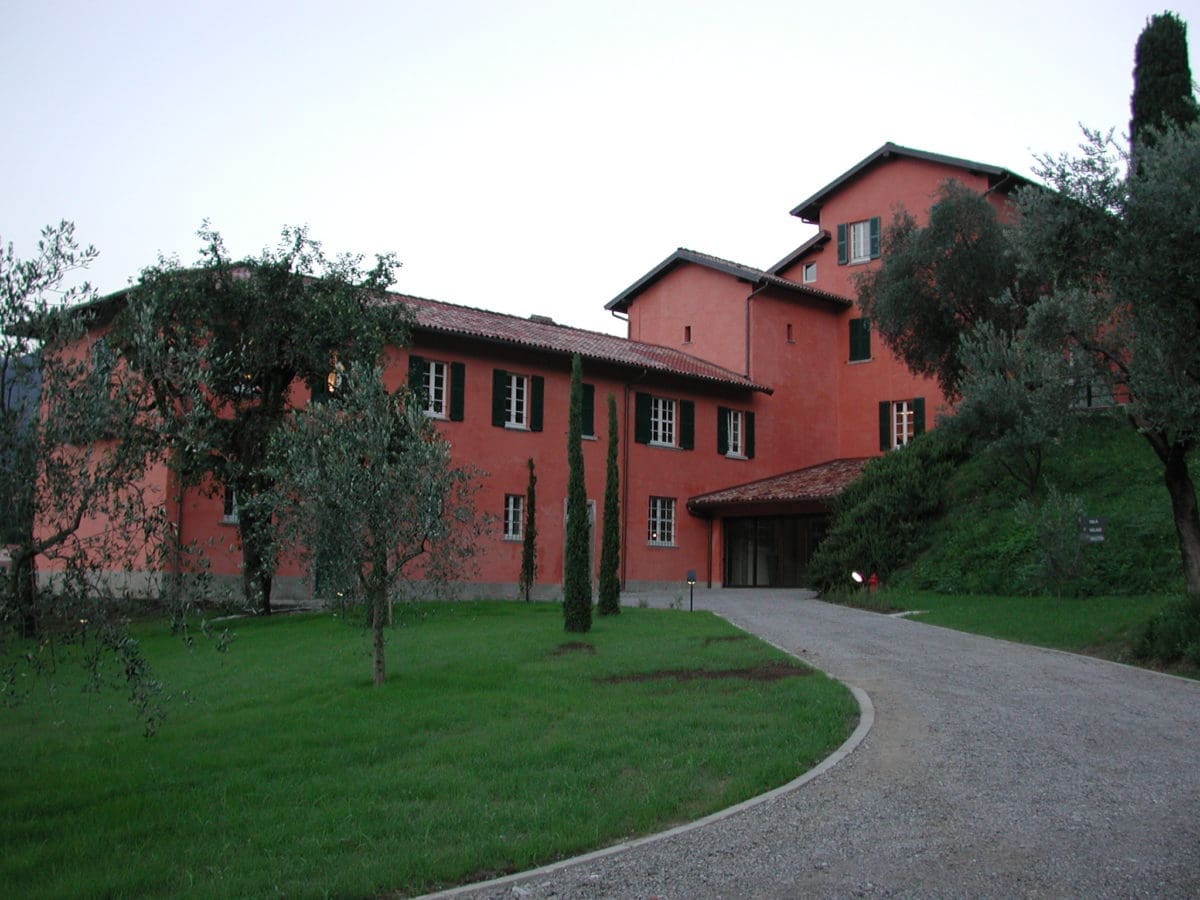 Robin Kundis Craig participated in the Bellagio residency program in 2017. During this residency she worked on Re-Envisioning the Anthropocene Ocean. Robin is the Robert C. Packard Trustee Chair in Law at the University of Southern California Gould School of Law. Her research specializes in all aspects of water, including its intersections with climate change, marine biodiversity, and public health. She has authored or edited 12 books.
Robin Kundis Craig participated in the Bellagio residency program in 2017. During this residency she worked on Re-Envisioning the Anthropocene Ocean. Robin is the Robert C. Packard Trustee Chair in Law at the University of Southern California Gould School of Law. Her research specializes in all aspects of water, including its intersections with climate change, marine biodiversity, and public health. She has authored or edited 12 books.
A few words with Robin
“Before I arrived at the Bellagio Center, I was envisioning the scope and outline for the book. While there, the multidisciplinary conversations helped to inspire the multidisciplinary focus in the book.
“For anyone about to embark on a Bellagio residency, I would advise them to: Take advantage of the time to think big thoughts! For those within the Network who wish to engage with the themes within Re-Envisioning the Anthropocene Ocean, finding hope in the midst of climate change is important to many Bellagio threads.”
Synopsis
The ocean is a front line in the unfolding drama of the climate crisis. Warming temperatures, changing currents, cultural displacement, Indigenous resilience, melting polar ice, habitat loss, are but a few of the global issues reflected in the planetary ocean.
In this critical moment, the planet’s oceans must be grappled with from ecological, physical, social, and legal perspectives. Re-Envisioning the Anthropocene Ocean brings together leading scientists, lawyers, humanists, and Indigenous voices to tell of the ocean’s precarious position in the 21st century. These essays begin the crucial work of positively re-imagining the ocean in the Anthropocene.
Explore More
To find out more about Robin’s work, visit her Google Scholar page for further reading, or you can read her 2022 blog post with the American College of Environmental Lawyers (ACOEL) about the Clean Water Act. Or, you can simply follow her on Twitter.
(Photo: Care of USC Gould)
Related

December 2022
When it comes to climate justice, The Rockefeller Foundation is taking urgent steps to support and protect our planet. Globally, we are on a path to 2.7 degrees of warming, resulting in unbearably harsh living conditions that will affect us all, especially those in under-resourced and historically marginalized communities. We can’t afford to let that […]
More